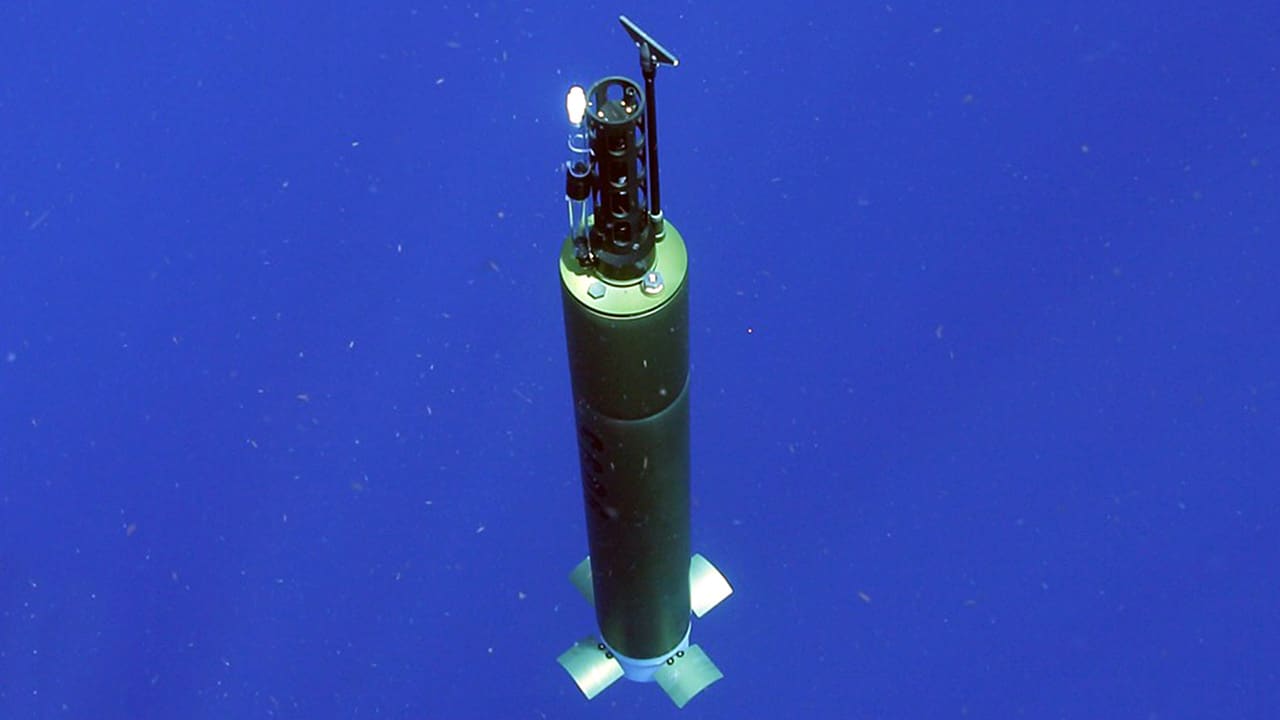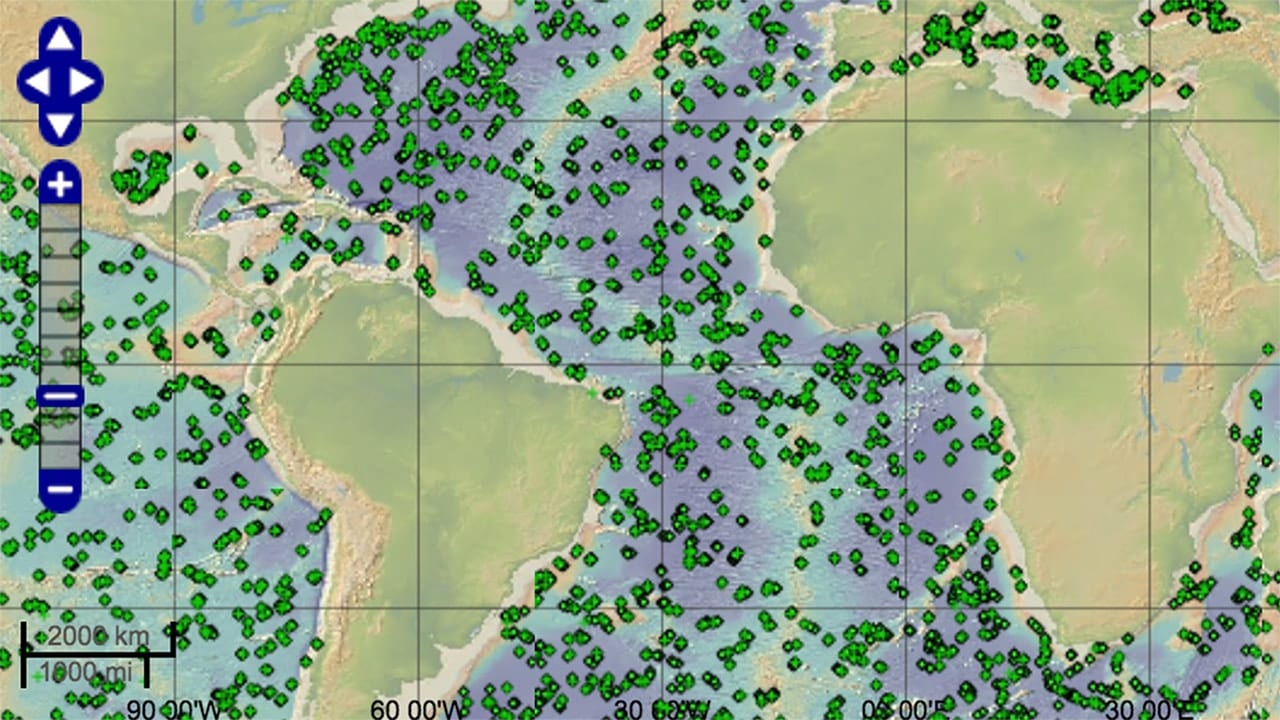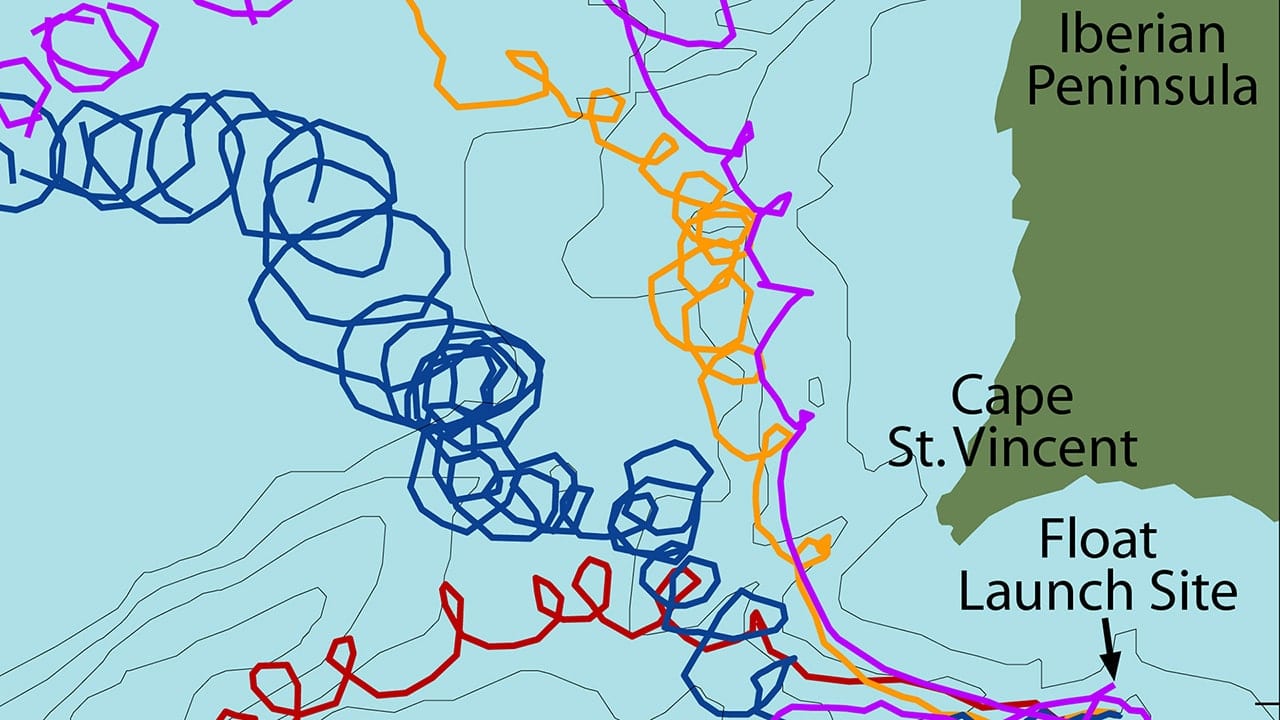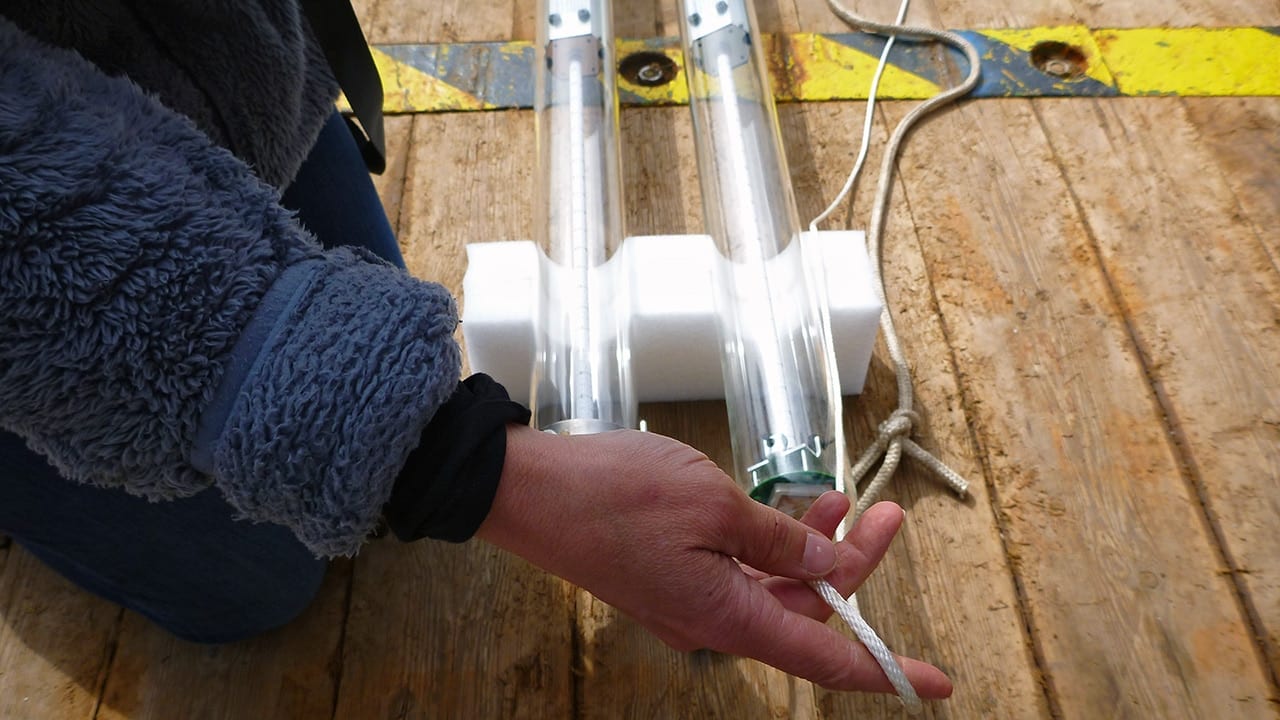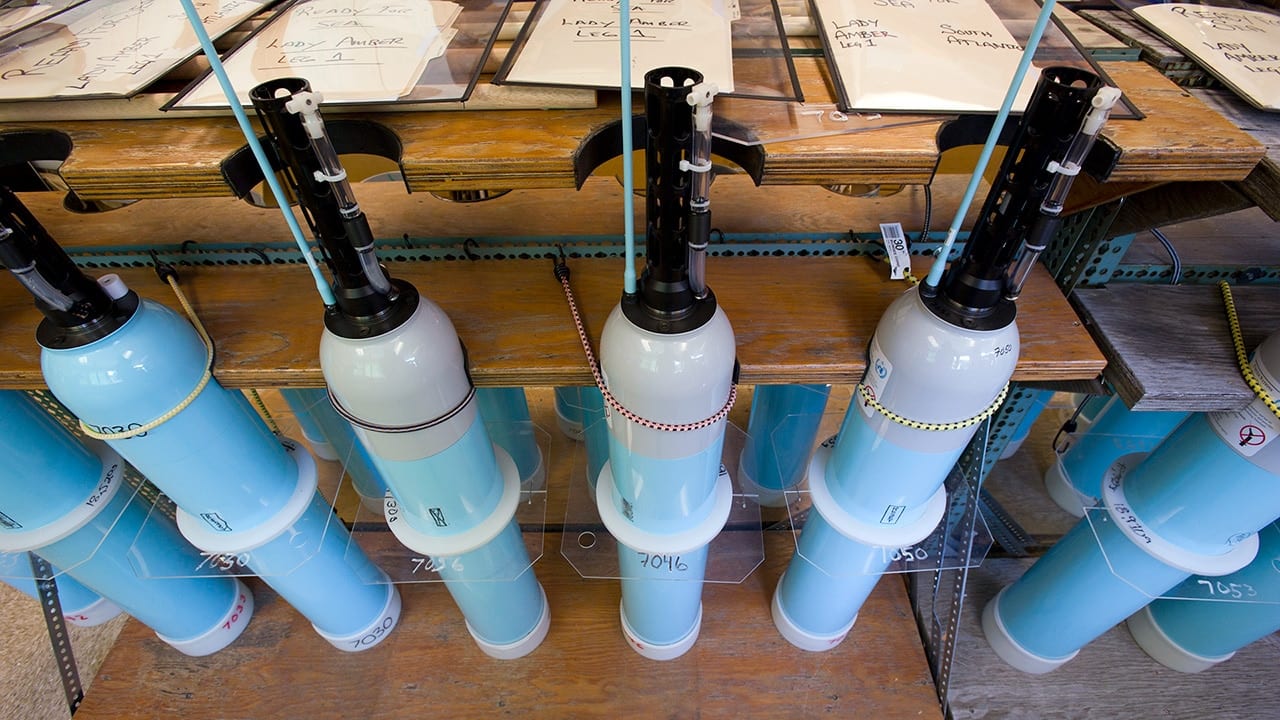WHOI Facilities & Services
WHOI Float Group
Formed in 1978, this scientific support group assembles, tests, calibrates, and prepares floats for studies of ocean properties and current systems. After deployment, the Float Group also processes the data that scientists interpret to assess the impact of the oceans on our ever changing planet.
Argo Float Data
View the locations of WHOI's floats being used as part of the ARGO project to observe the ocean and to predict climate change. See their launch positions, track the paths they have followed, and pinpoint the locations of detailed water column profiles.
Subsurface Float Data Assembly Center
The purpose of the center was to create a consolidated data set usable by scientists for statistical studies and incorporation into ocean models. The intent was that the collected data from the World Ocean Circulation Experiment be the best and cleanest available. Data was transferred several years ago to the World Data Center A, but background information is still available on the WHOI site.
RAFOS Float Processing at WHOI
In the early 1980s, a small group at WHOI dedicated itself to using acoustic floats to measure ocean currents. Over 14 years, more than 150 SOFAR floats were tracked by the group. The team was later involved in the development and use of RAFOS floats, of which more than 400 have been deployed.
Autonomous Systems Laboratory (ASL)
The ASL research program emphasizes exploratory ocean measurements using contemporary tools and techniques. ASL uses autonomous systems to describe and quantify oceanic processes which occur on time and space scales inaccessible with traditional methods.
Physical Oceanography Observing Laboratory (POOL)
Part of the WHOI Department of Physical Oceanography Department, this lab group was established to establish a pool of shared use instrumentation; to facilitate access to that instrumentation; to develop a support structure to maintain and update the shared use pool; and to improve the ability of the department to support, maintain, and recruit the skilled personnel essential to the use of the instrumentation.
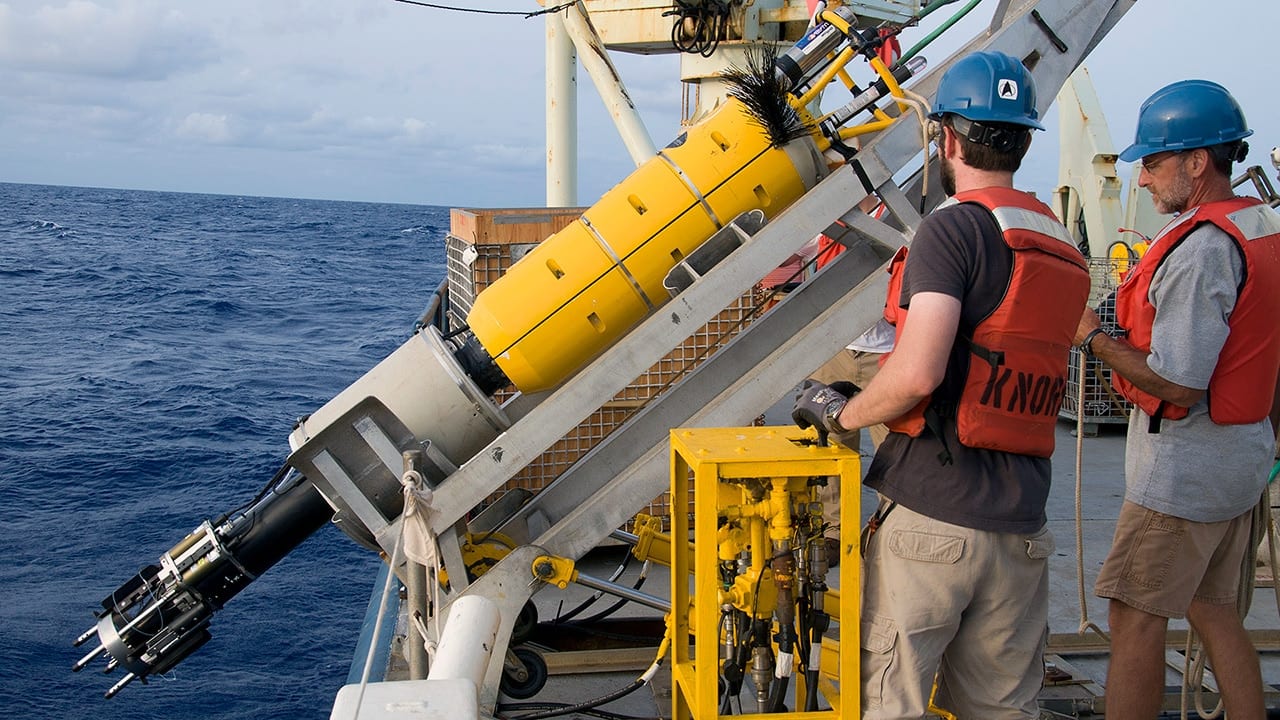
Ocean Mixing Group
This interdisciplinary group began working on the problem of quantifying ocean mixing processes in the 1990s. Understanding the dynamics of ocean mixing is essential for obtaining correct estimates of global ocean circulation, which effect our understanding of phenomena associated with climate change. One of the group?s significant discoveries was that mixing processes are enhanced near areas of rough bathymetry.

